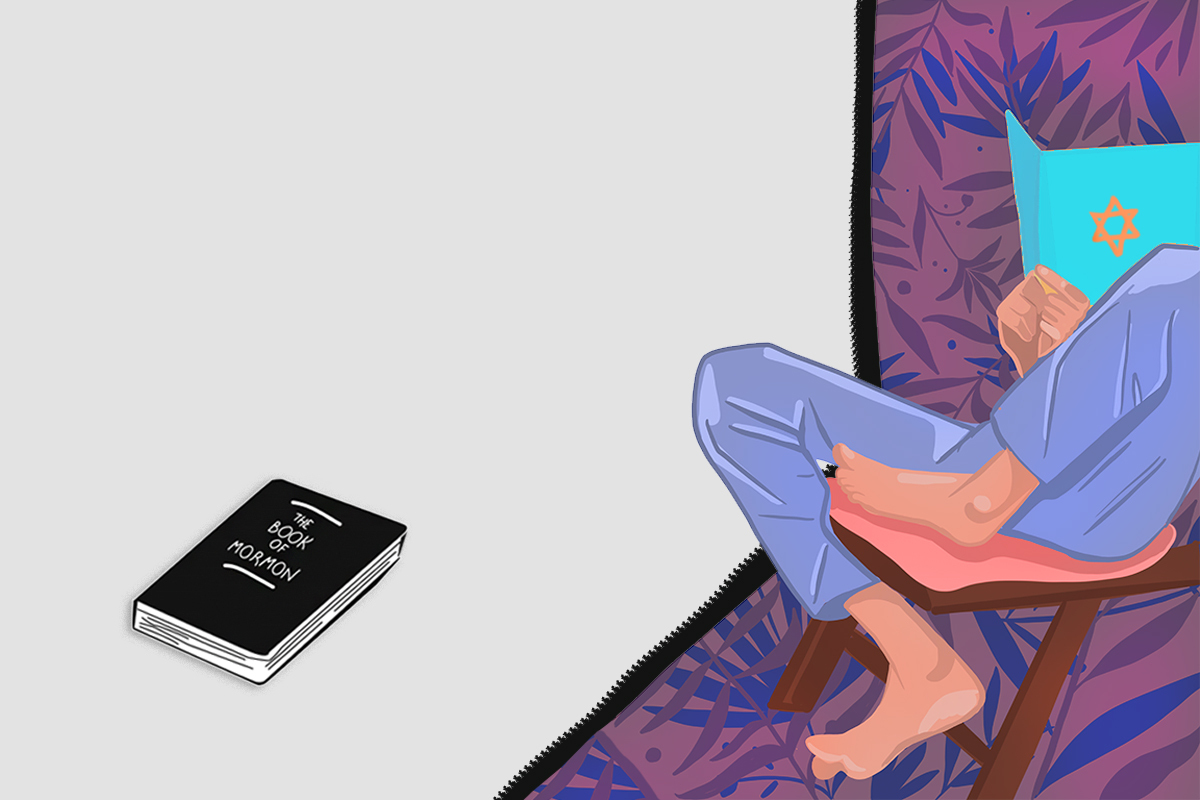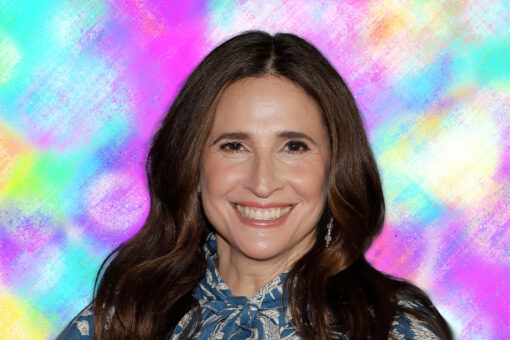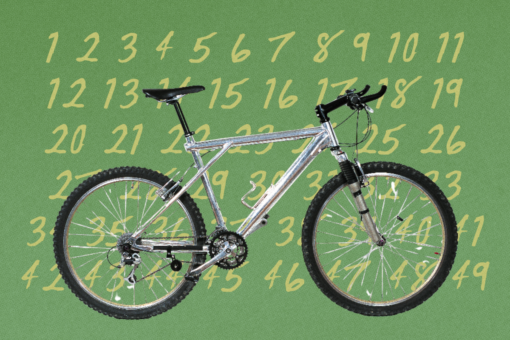Being raised in the Mormon faith proved to be one of the earliest social pressures that I could remember. The process of baptism is done to children at the age of 8; this is the age that Mormons believe accountability begins in one’s life. Starting at age 5, I, along with others in our Sunday school classes, were bombarded with lessons and lectures of how to “prepare ourselves” for the upcoming event. It felt like being fed a script, only to come out on the other side — baptism day — to regurgitate what we had been listening to for the last three years.
I first realized that Mormonism was not for me at the age of 12. At first, this was fueled by how boring it was being stuck for three to four hours every, sitting quietly and listening to same lessons we heard year after year. I remember feeling hopeless that these lessons — and much of the church’s mission — revolved around “keeping families together forever” through this plan: giving 10% of your income to the church, converting non-member friends, and marrying another Mormon through a specific temple ritual that seals those together for “all eternity.” I was told if I strayed, I’d risk losing a promised afterlife with my family. I remember thinking at 12 that if God were as kind and gentle as we were taught, then He wouldn’t separate families based on a set of rules they did or didn’t follow.
It didn’t seem right. It seemed manipulative. Do what I say, or else. It made me hope that none of it was true.
Throughout my adolescence, as I became more aware of politics, the Mormon Church began to look more and more problematic to me. In the wake of Prop 8, which posited that only marriage between a man and woman was valid, issues surrounding women’s bodies, and how child abuse was being handled within the church, I found myself becoming more disconnected — and then realized I was never connected to Mormonism in the first place. Instead of feeling this existential crisis, I went in search of something else that would make more sense to me.
Judaism was something I had begun to look into following a school project on the Holocaust. This was around the ages of 12-14. In my research for school projects regarding this topic and religious persecution, I found myself deviating from my school work and looking up aspects of Judaism for my own curiosity apart from what was necessary for school. This led me to looking into modern day anti-Semitism; seeing that this was still going on decades after the Holocaust shook me to my core.
Being raised in Utah in a Mormon community, I didn’t know any Jewish people. I never had stepped inside a synagogue. I didn’t know who to turn to in my questioning of Mormonism, much less Judaism. Any time I had questions about Mormon doctrine, I was always told to “doubt my doubts” and it got me nowhere. In asking my mother her thoughts on Judaism, she admitted ignorance, but stressed that “it isn’t the true faith.” She even let me know that the family wouldn’t be together forever within this faith.
I knew that this simple curiosity was something big enough to hide… I remember purchasing a Jewish Study Bible from the local Barnes & Noble and having to hide it underneath my mattress, the face of the book covered in various stickers and Sharpie marker to make it less likely to catch the eye in case it were found. Every night, I’d clear my browser history, too. But the more I learned about Judaism, the more I felt it calling toward me.
When I was 20, I decided to start officially observing the Jewish holidays and calendar, and began my conversion process. After finding a JCC in Salt Lake City, I was connected to a local synagogue that I never knew existed, thanks to a Google search of “is there a Jewish community in Utah state?” I began coaching with the local rabbi, telling him my story, my interest in Judaism, and how I wanted to dedicate myself to it.
The conversion process was informative and long. I was impressed with myself when going through the conversion classes to find that I knew most of the material from my secret teenage reading. But for the first time, I was able to meet Jewish people and was introduced to the wide spectrum of how Jews can observe. It was so refreshing, compared to the rigid cookie cutter lifestyle of Mormonism. It felt like this religion was adapting to modern life, that it could be individualized and celebrated in many ways. When I found that such a faith can exist, it lifted a weight off of my shoulders that I had been trying to deal with for years.
These days, I feel more connected to my Judaism as I grow older. Though my mom has slightly come around, balancing my Judaism with my Mormon family still has its trials. Our relationship seems normal when we don’t talk about religion, but I still feel the brunt of her disappointment. And I still have to live a separate life as I tiptoe around religious topics or holidays. I’m coming to terms with the fact that this is a part of life when you’re a convert to any opposite religion with which you were raised. But I realize how lucky I am to still have a relationship with my family at all, which isn’t true for others who make the switch.
Most importantly, I have found a great community of fellow Jewish converts. We find ourselves here together, happy to be part of something that helped us find our sense of spirituality and personhood that our former religions couldn’t provide for us. The best part of my journey is that this is shared, and it makes me feel less alone.
Header image design by Grace Yagel. Women reading via J_art / Getty Images.



